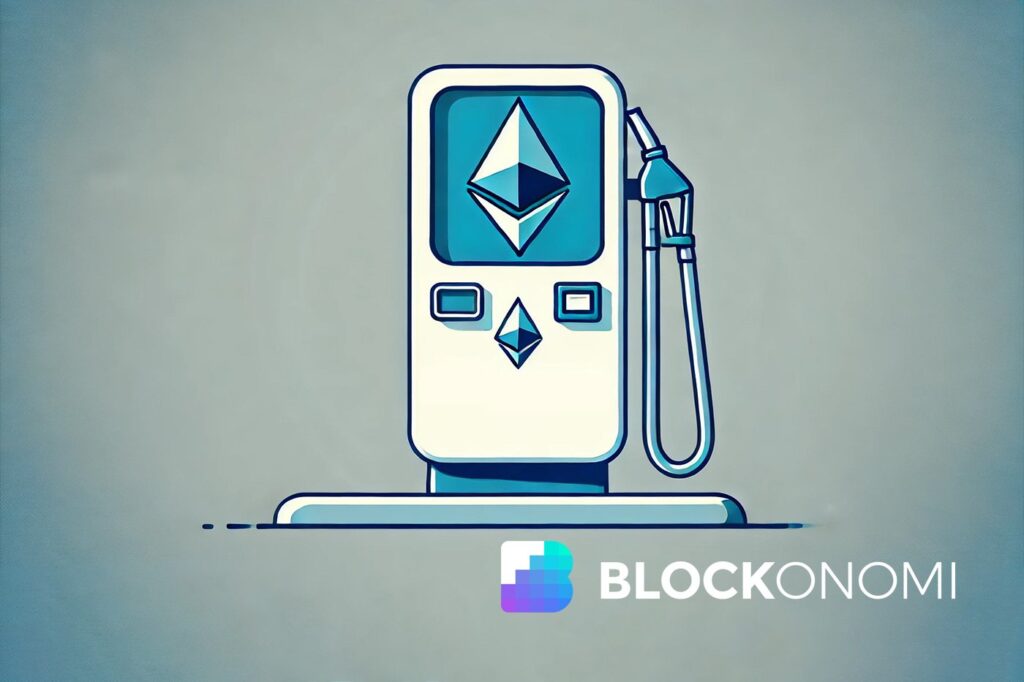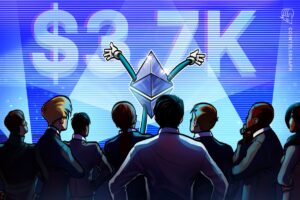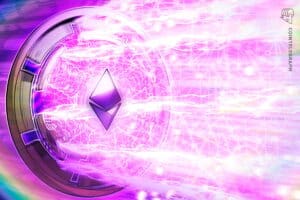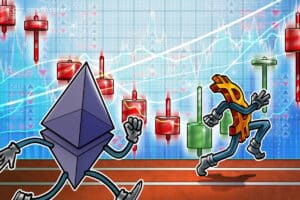Ethereum and Bitcoin look at transaction fees in the midst of a market crash

TLDR
The price of Ethereum gas has fallen sharply, with an average price of 7.32 Gwei as of June 21, 2024, down from its peak at the beginning of the year. Layer 2 (L2) solutions on Ethereum are experiencing record-high activity, which helps reduce congestion on the main chain. Bitcoin transaction fees fell to the lowest level since October 2023 on June 23. The lower fees on both networks are due to the adoption of L2, especially the lower fees on Ethereum, rather than a reduction in overall network activity. . These lower payouts come during a market downturn, with Bitcoin falling below $63,000 and many altcoins experiencing double-digit losses.
Ethereum and Bitcoin are experiencing steep declines in transaction fees, hitting multi-month lows despite high network activity.
This comes as the broader cryptocurrency market faces one of the most challenging weeks of 2024, with Bitcoin falling below $63,000 and many altcoins suffering double-digit losses.
Ethereum has seen its gas price – the cost of conducting transactions on the network – fall to levels not seen in years. The average price of gas on Ethereum stood at only 7.32 Gwei, which is significantly lower than the 98.68 Gwei recorded on March 5. This fall makes the network more affordable for both developers and users.
The decrease in Ethereum gas fees is especially noticeable with high network activity.
According to data from L2Beat, the Ethereum Layer 1 and Layer 2 protocols recorded an average of 299 transactions per second on June 21.
L2 solutions are designed to improve Ethereum's scalability, reducing congestion and costs by processing transactions off the main Ethereum chain. The widespread adoption of these protocols demonstrates their critical role in simplifying network traffic and reducing gas costs.
As explained by Pistachio.fi founder Brian Smokovich;
“The L1 gas market is now more efficient because most of the volume is on L2s, L2 -> L1 settlement is 100x cheaper than pre-4844, and we have EIP-1559 gas market efficiency.”
The amount of Ethereum per day is the same if it is not more than 6 months. The L1 payment market is now efficient due to the size of L2 and EIP4844. pic.twitter.com/mjU8uyXFIk
— bsmokes.eth (@BSmokes_) June 24, 2024
The impact of these efficiency gains is evident in the value of joint transactions. For example, swapping on Uniswap now costs only $1.06, trading NFT on Seaport costs $1.49, and transferring ETH on-chain costs only $0.23. When using L2 networks like Base, which includes “blob” transactions, these fees are even lower, costing only $0.0016 on Uniswap on Base.
However, the dramatic drop in gas fees has reduced Ethereum's burn rate, which is now at a 12-month low. This has led to a slight inflationary change in the supply of Ethereum, with an annual growth rate of about 0.56% according to ultrasound.money.
Bitcoin is experiencing a similar trend in transaction fees. On June 23, the average Bitcoin transaction fee reached $1.93, the lowest level since October 2023. This represents a significant reduction in fee increases during periods of high market volatility or price appreciation.
The low fees on the Bitcoin network are particularly interesting in historical context. Since 2012, each major labor period has typically resulted in a corresponding increase in wages, with the exception of the 2021 bull run. During that time, the price of Bitcoin touched $69,000, but transaction fees are relatively low.
The current low-fee environment for both Ethereum and Bitcoin comes at a time when the broader cryptocurrency market is experiencing significant turbulence.
Bitcoin price fell below the $63,000 support level, with many altcoins seeing double-digit percentage losses.
This market downturn has resulted in billions of dollars being withdrawn from positions, and position holders have suffered significant losses.
Despite the market turbulence, the low transaction fees on both networks represent a silver lining for users and developers.
Low fees make these blockchain networks more accessible and cost-effective for many applications, from decentralized finance (DeFi) to non-fungible tokens (NFT) and beyond.














